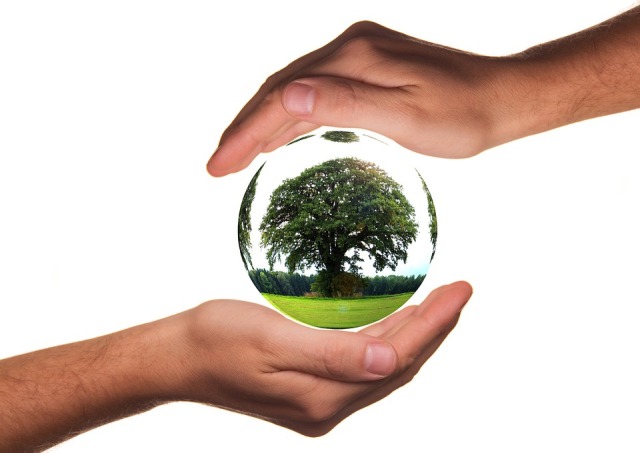In recent times it is very common to hear the term anxiety, which is known to be a feeling of worry that is part of the human being and whose main characteristic is that it foresees or signals some danger or threat to the individual, so it is conferred an important functional value and is considered an adaptive biological mechanism of protection against possible damage. However, when it occurs frequently and is of greater intensity, it is considered an anxiety disorder.
Now, based on the above information it is interesting to describe a particular type of anxiety related to environmental problems known as ecoanxiety.

Image credit:pixabay.com
Eco-anxiety is linked to concerns about the impact of climate change and the current environmental crisis.
As we know, the planet has experienced climate changes over time, however, global warming is occurring faster than other phenomena and is not only related to high temperatures but also includes other consequences such as water shortages, floods, droughts, rising sea levels, decreased biodiversity, among others, and whose main cause has been the human being by the generation of gases that produce the greenhouse effect.
That is why if we stop for a moment to think about the consequences of climate change it is possible to feel that we are already living them in our daily lives, so many people are beginning to feel anxiety, fear, panic and every day is increasing the number of people who have eco-anxiety, as they have uncertainty about what will happen to the lives of people, children and future generations, especially young people who think they will suffer more effects, so they should be educated under an ecological conscience.

Image credit:pixabay.com
In relation to this, for example, a survey of 10,000 young people aged between 16 and 25 from different countries showed the impact on young people, with 59% reporting that they are very concerned about climate change. In terms of emotions, around 50% experienced feelings of anxiety, sadness, guilt, among others, and the effect it has had on their daily lives showed that more than 45% affected them negatively, with special attention being paid to the poor performance of political representatives and adults.
It is important to be aware of the repercussions that this situation is having on some people. The WHO warns of its effects not only on physical but also on mental health. Eco-anxiety can be identified through the presence of constant worry that affects day-to-day calm, aggressive behaviour when faced with situations that are considered risky, constant search for information related to the subject, difficulty in controlling thoughts, among others.
This is why some psychologists make some recommendations for dealing with eco-anxiety, such as not focusing on the subject and oversaturating oneself with information on a daily basis, taking actions and executing those that are within reach, sharing with the people closest to you the thoughts that generate worry, looking for ways to manage the emotion such as exercise, relaxation or meditation, among others.

Image credit:pixabay.com
It is essential to engage in productive actions that avoid worry and encourage and motivate people to participate in environmental programmes to generate changes in awareness and thus take better care of the planet.




